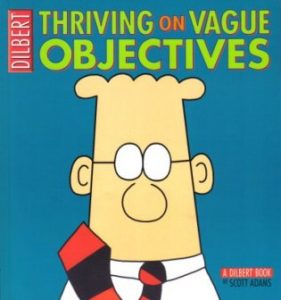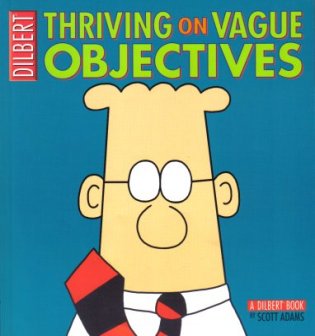Setting goals doesn’t have to involve planning your entire career. Rather, it’s thinking about where you would like to be in six months, one year, three years and planning the steps or actions required to achieve your goal.
Why Goal Setting Is Important?
Studies show that goal setting can improve your performance in 4 ways: 1
- Direction: Goals direct attention and effort towards activities related to the goal
- Energy: Setting a challenging goal actually makes people work harder
- Persistence: People work longer when pursuing a set goal, and lose focus if the work isn’t goal-related
- Knowledge: When working towards a set goal, people are more likely to draw on past experience – both directly and indirectly related to the goal. This makes the work easier.
Goal Setting the SMART way
SMART Goal setting should be a well thought out process to understand exactly what you are trying to achieve over a given time period.
To improve your chances of success when you’re setting goals and milestones for your career, make sure they’re:
S – Specific – Be precise about your goals
M – Measurable – Set goals that you can actually track
A – Achievable – Set yourself up for success by setting goals you can actually meet
R – Relevant – Make sure each achievement is directly related to your end goal
T – Time Specific – Set timeframes for each milestone and the end goal
Remember, goals should be challenging yet realistic to achieve  and most importantly are aligned with your career path.
and most importantly are aligned with your career path.
For example, if your goal is to be a Web Developer by the end of the year but you have no realistic plan to learn programming languages, understand usability and website optimisation, you might be surprised when it comes to New Years Eve and you are still not developing websites.
If your goals are SMART, you’re far more likely to achieve them.
Be Realist In Goal Setting:
The biggest challenge with setting goals is establishing realistic goals that are achievable. In order to do this you need to be thinking about fact based goals.
To be successful with your realistic goal setting you need to start with a big picture goal for example:
- Broaden your understanding of your chosen industry
- Up skill with education, training and specialisation
- Get an entry-level job in your preferred industry
- Change your existing career, if you aim to start a new one
- Land a promotion, if you’d like to progress in your current company
Set Milestones to stay on track
Now that you have set something to work towards, it is important that you break down your goal into the steps or milestones required for you to achieve this end goal.
If you start with an end goal and work back thinking about the different things you can do to ensure you hit your goal, you will begin to identity the smaller steps or milestones required to progress.
This is what differentiates goals from dreams.
Some examples of milestones include:
- Studying a related course
- Mentoring to provide regular career advice
- Networking with people in the industry to discuss career opportunities
- Sourcing professional advice from career counsellors
- Volunteering or joining industry groups
Once you have set milestones you should start to think about the timing around each of your milestones and work towards achieving them.
Now that you have set your goals, including milestones with realistic delivery times, you can feel comfortable that you have given yourself a great opportunity to achieve your goals and further your career.
Post provided by Seek Learning. Visit SEEK Learning for details on the courses they provide.



